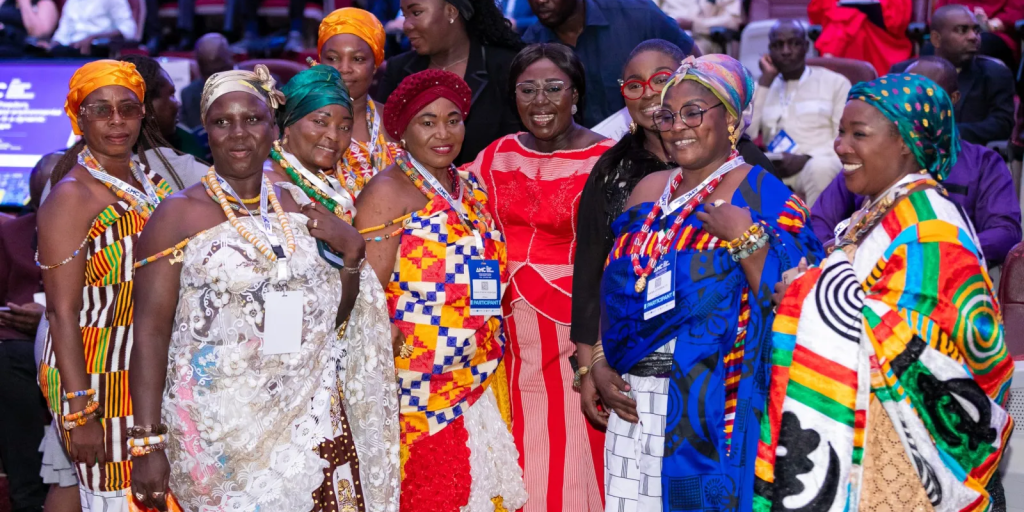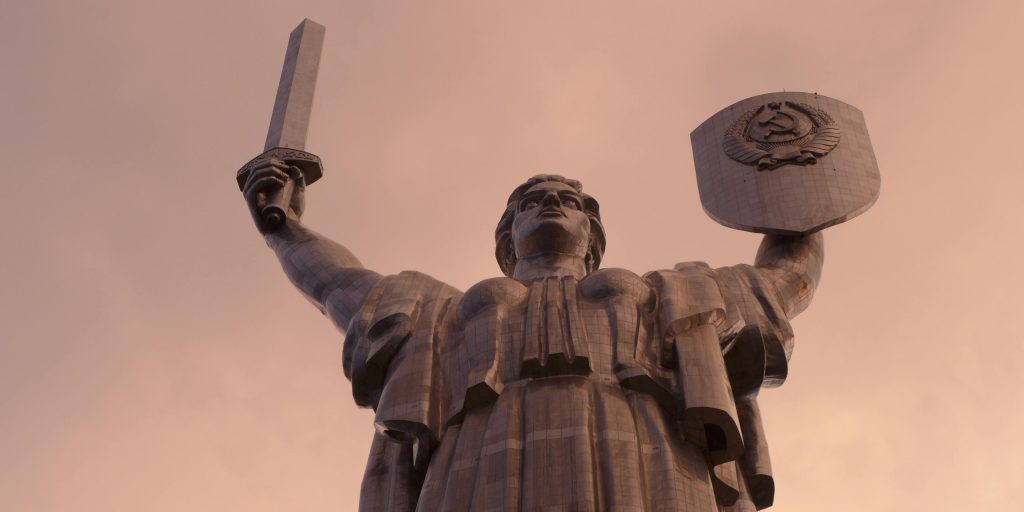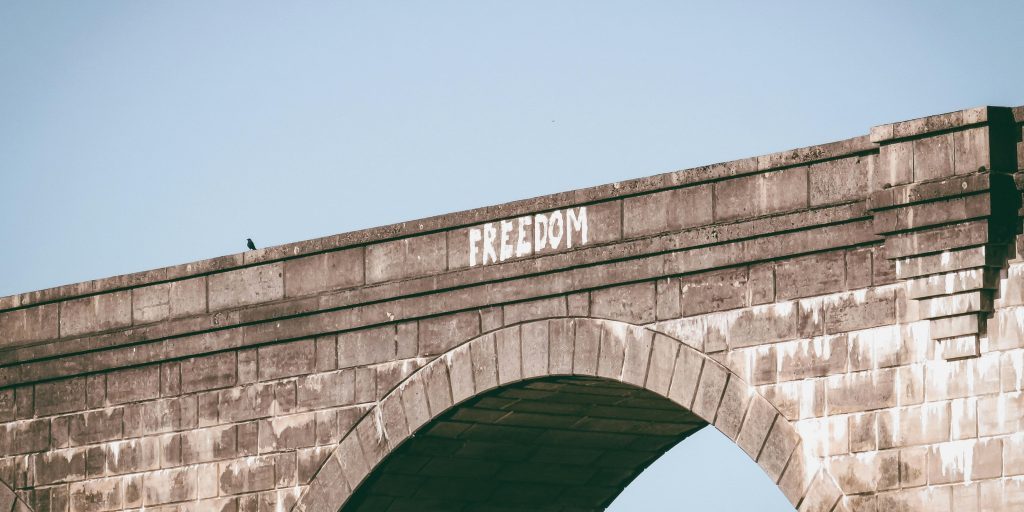AU and UNESCO join efforts to strengthen African media
Media stakeholders unanimously agreed on the indispensable role of the media in Africa’s development, and its potential to shape public discourse, remove barriers for marginalised groups, foster innovation and advocate for environmental conservation and sustainability.
Under the theme, ‘The African Media We Want: Enhancing Freedom, Innovation, and Environmental Sustainability in a Dynamic World’, the third edition of the premier annual continental media event, brought together AU organs, UNESCO, other UN institutions, journalists and other media workers, media organisations, civil society, academia, policymakers and media development partners from across the continent and the international community.
Topics for discussion included environmental journalism, media freedom, freedom of expression, access to information, safety of journalists, media information literacy and digital competencies, leveraging on the Universal Periodic Review (UPR) and the Africa Peer Review Mechanism (APRM) country reviews.
Media viability, inclusion in the media of persons with disabilities, production of content in indigenous and sign languages and the intersection of Africa media with AI were also discussed, as was the AU theme of the year – education – which was given a special focus through examining the rights of African children.
His Excellency Nana Addo Dankwa Akufo-Addo, the President of the Republic of Ghana, emphasised the need for the press to ‘enlighten and mobilise society towards a common goal that respects the truth and dignity of all individuals’. He reiterated the urgency to navigate the challenges of misinformation and combat falsehoods in reportage to maintain credibility.
On the issue of climate change, the President charged the media to use its powerful tools to amplify the voices of those affected, especially communities overlooked during international discourses
He reaffirmed the commitment of the Ghanaian law enforcement agencies to bring to book the killers of investigative journalist Ahmed Hussein-Suale Divela who was murdered in January 2019. (Since Divela’s death, at least 30 other Ghanaian journalists and media workers have faced abuses in connection with their work, including attacks, threats and arrests, says the Committee to Protect Journalists.)
Hon Fatima Abubhakar, Ghana’s Minister for Information-designate, emphasised the importance of collaboration to empower and protect journalists. She highlighted the government’s initiatives, such as the Coordinated Mechanism on Safety for Journalists (CMSJ) and the Media Capacity Enhancement Programme (MCEP), which have benefited over 140 journalists.
‘To combat misinformation, the government has launched a central hub for official information, helping citizens discern fact from fiction. Additionally, the government supports media literacy programmes to help citizens critically evaluate information.’
In her keynote address, Leslie Richer, the AU Director of Information and Communication, called for ‘an empowered and sustainable African media’, capable of ‘shaping the right African narrative’ and urging the media to play their rightful part in achieving the goals of Agenda 2063.
We, as communicators, have a key role to play in shifting the narrative of Africa. We can no longer be bystanders while others define, rewrite, and tell our story
The AMC shouldn’t just be an annual event, she said. It should be ‘the foundation for building a strong network of African media and content creators with a united front, elevating the African narrative for our citizens and global audiences’.
Richer further challenged stakeholders to transform African media into a trusted source of news about the contient. She stressed that this would involve strengthening capacity, and collaboration between national news agencies and public broadcasters, ultimately building a pan-African media.
UNESCO Director for the Addis Ababa Liaison Office to the AU Dr Rita Bissoonauth said the media’s role extends ‘far beyond reporting news’.
‘It is about nurturing informed and engaged societies; it’s about holding power to account, and importantly, it is about shaping the future through responsible and innovative storytelling.
‘This convention has offered us a unique platform to address these multifaceted challenges and to collaboratively forge pathways that enhance the resilience and sustainability of media in Africa.’
The AMC was launched in 2021 by the East African Editors Forum (EAEF), the Addis Ababa Liaison Office to the AU, the UN Economic Commission for Africa (UNECA) and the UNESCO National Office in Dar es Salaam, in close consultation and collaboration with the AU’s Directorate of Information and Communication.
It emerged out of a growing need to address the unique challenges and opportunities faced in the digital age. Recognising the critical role of a free and viable media on the continent, the AU, through its Specialised Technical Committee on Communication and Information and Communication Technologies (STCCICT), endorsed the annual AMC as a collaborative platform.
To this end, the AU joined efforts with UNESCO and other stakeholders to host the annual event, review the challenges facing the media, identify opportunities and propose actions to make the African media fit for purpose in contributing to the achievement of Agenda 2023 and the SDGs.
Planning for this year’s event was executed by an AMC steering committee led by Churchill Otieno, the local organising committee led by the President of the Ghana Journalists Association, Albert Dwumfour, the Government of Ghana through the Ministry of Information, the AU Directorate of Information and Communication, UNESCO through its Addis Ababa Liaison office to the AU, UNECA, the International Fund for Public Interest Media (IFPIM) and other stakeholders.
To show commitment to building a free, vibrant and impactful press for Africa, ministers and representatives of ministries of information and communication from Ethiopia, Burundi, Uganda, Zimbabwe, Nigeria, Zambia and Namibia attended the event. They all expressed commitment to upholding the principles of press freedom, access to information and safety of journalists.
They shared best practices from their respective countries, aiming to foster a thriving media environment across the continent.
Also in attendance were Ghana’s Chief of Staff HE Akosua Osei-Opare, UN Resident Coordinator Charles Abani, co-founder of the IFPIM James Deane and Marcel C Akpovo, the Regional Representative for the Office of the High Commissioner for Human Rights (OHCHR) in the East Africa Regional Office.
The AMC concluded with a renewed commitment to collaborate on initiatives aimed at strengthening African media. These include:
- Developing a pan-African strategy on media and information literacy
- Creating a comprehensive capacity-building programme for African media, focused on AI
- Facilitating movement building, campaigns and coalitions to ensure the online safety of female journalists remains a priority for all key stakeholders
- Building capacity to produce and disseminate relevant and accessible media content, particularly in indigenous and lesser-used minority languages, as well sign language
- Special focus on including persons with disabilities in the media
- Leveraging on UPR and APRM country reviews to promote freedom of expression, access to information and the safety of journalists
Read the third AMC Declaration and AMC Action Plan




